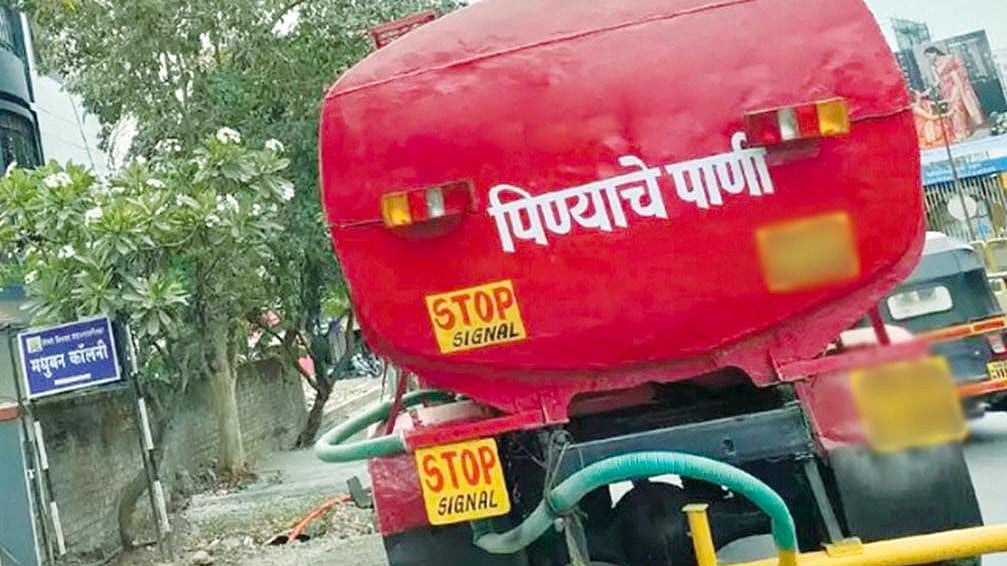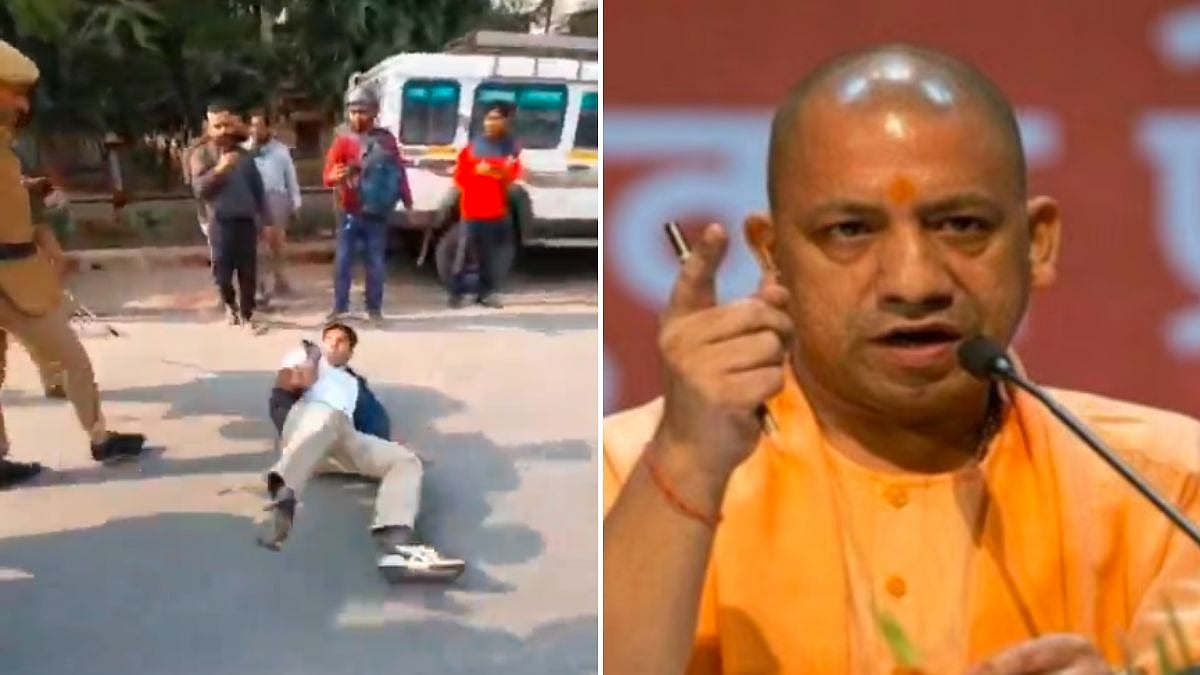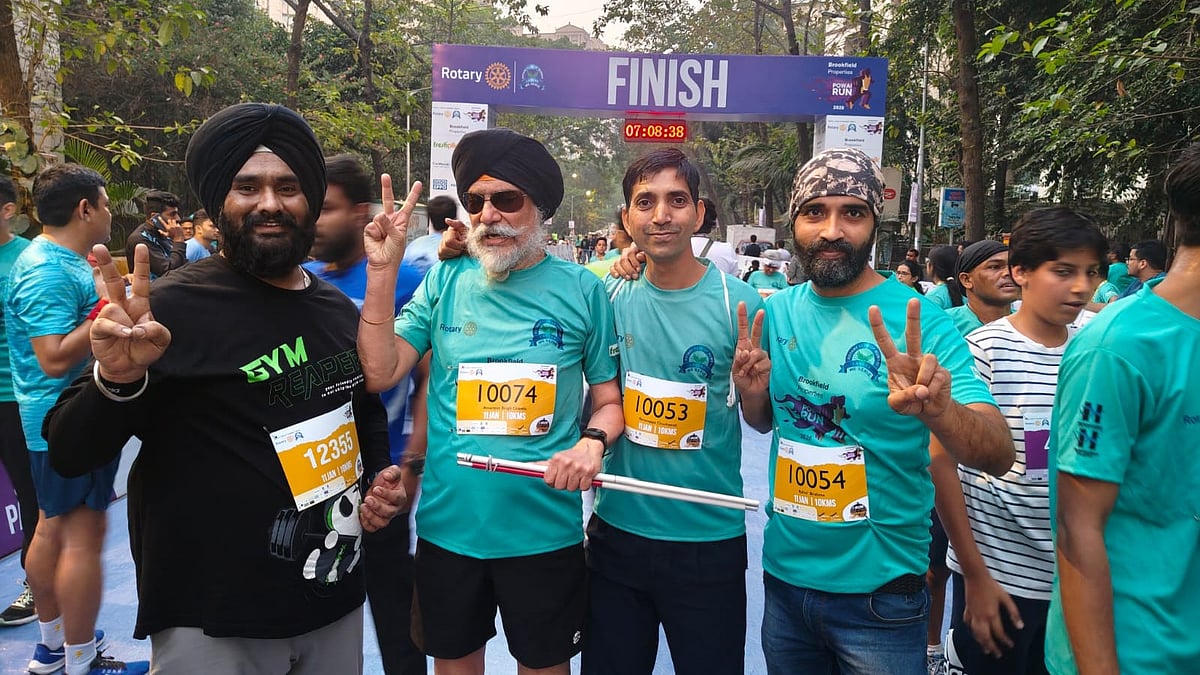Though the HIV cases have dropped by a significant 44% in the past four years across India, three states, with Maharashtra on the top, have the highest number of cases transmitted through heterosexuality, revealed a Right to Information (RTI) reply.
Maharashtra followed by Andhra Pradesh and Karnataka
With 1,79,229 cases in 2017-18 to 1,00,568 in 2021-22, India saw a decline of 78,661 cases in the given period. According to the RTI reply, 10,209 of 11,537 HIV cases reported between 2020-21 were transmitted through heterosexuality in Maharashtra. It was followed by Andhra Pradesh where 9,371 of 9,924 cases were transmitted through the same mode. The figure was 8,830 of 9,532 cases for Karnataka.
In response to the RTI application filed by Advocate Tushar Bhosale, the National AIDS Control Organisation (NACO), New Delhi said that it was found that an average 86% of HIV cases reported in recent years were transmitted through heterosexuality.
Major causes of transmission is heterosexual intercourse
“Major causes of transmission, as told by patients to the counsellors, were heterosexual intercourse. As the cases rise in particular demography, so does the awareness about the risk factors of HIV infection, which leads to a drop in numbers. But the statistics do change with urbanisation and changing demographics of a state or city,” said a senior official.
Lauding the government efforts against HIV, Ganesh Acharya, TB survivor and TB-HIV activist said, “In the past few years, NACO as well as states are not innovative enough (with anti-HIV programmes). There is no direct connection with the youth who are the most vulnerable and sexually active age groups.”
For years, the government specifically focused on high-risk groups like men having sex with men, transgender, people who use drugs or sex workers. The need of the hour is concerted intervention, with more focus on youth and availability of treatment at every health facility, Acharya said. “There is a need for community led-monitoring (CLM) as an accountability mechanism for HIV responses at different levels, then we can end HIV/AIDS by 2030,” he opined.
Govt should undertake rigorous testing of sex workers
Advocate Bhosale said there are many rural places in Maharashtra where awareness of safe sex has not been reached. There are still some people who have misconceptions about the usage of condoms. Government should undertake rigorous testing of sex workers to avoid transmission. “On one hand it is good to see cases dropping which means people are becoming aware. But it's worrisome that Maharashtra tops in contributing (HIV) cases,” he said.
He further said that although there is a separate District AIDS Control Society in Mumbai, MDACS, it doesn't collect data or reports to the NACO. “This is astonishing,” remarked the advocate.
Dr Ishwar Gilada, President of the AIDS Society of India said, “Around 1.5 million people became newly infected with HIV in 2021, which means 4,000 new infections every day. The number of people on HIV treatment increased by only 1.47 million in 2021, compared to net increases of more than two million people in previous years. Globally, 85% of all people living with HIV knew their HIV status in 2021.”








